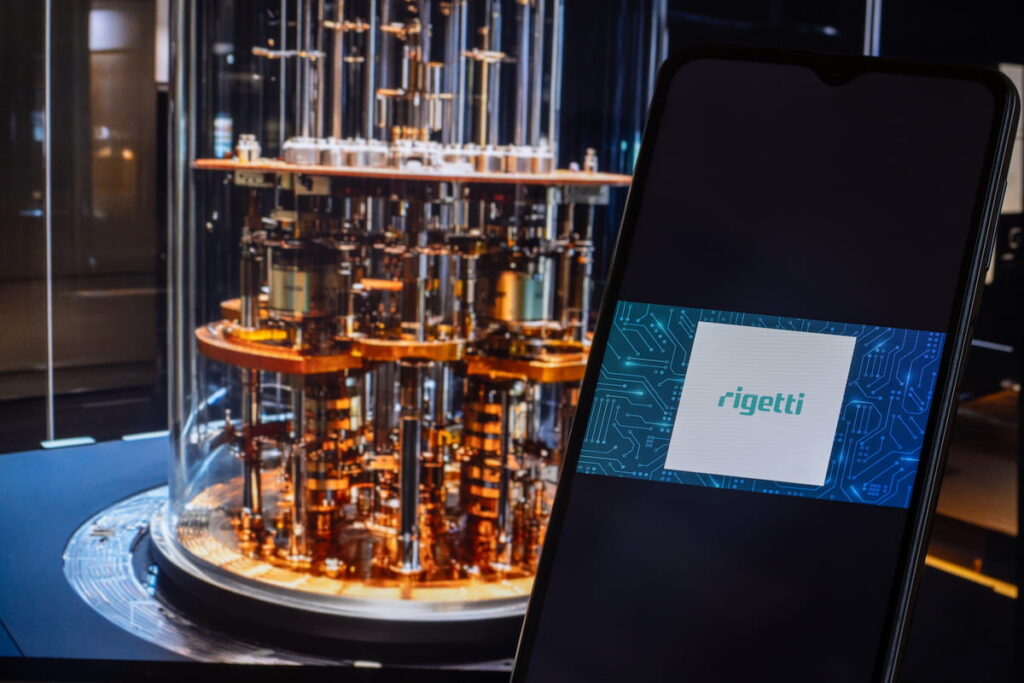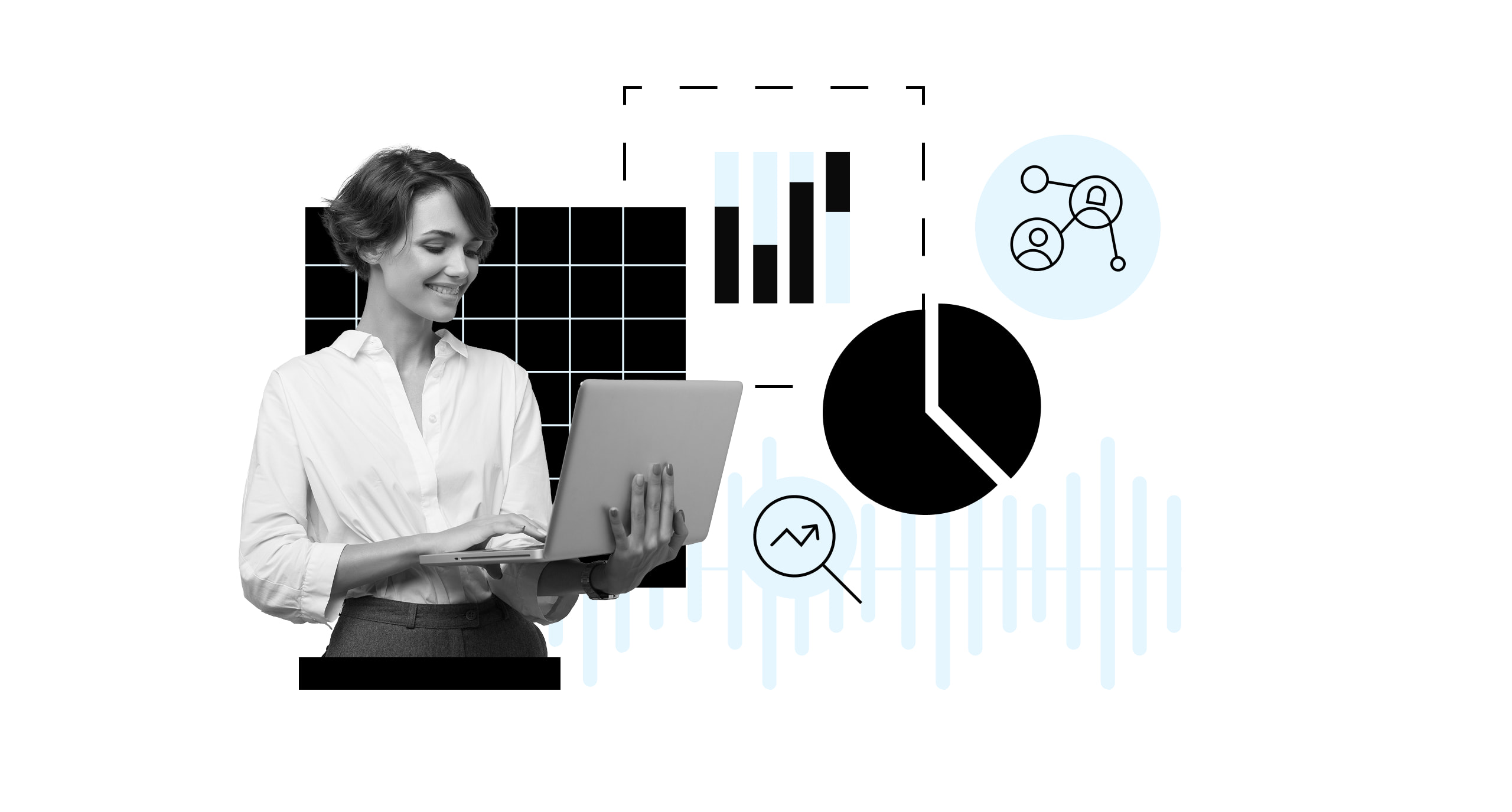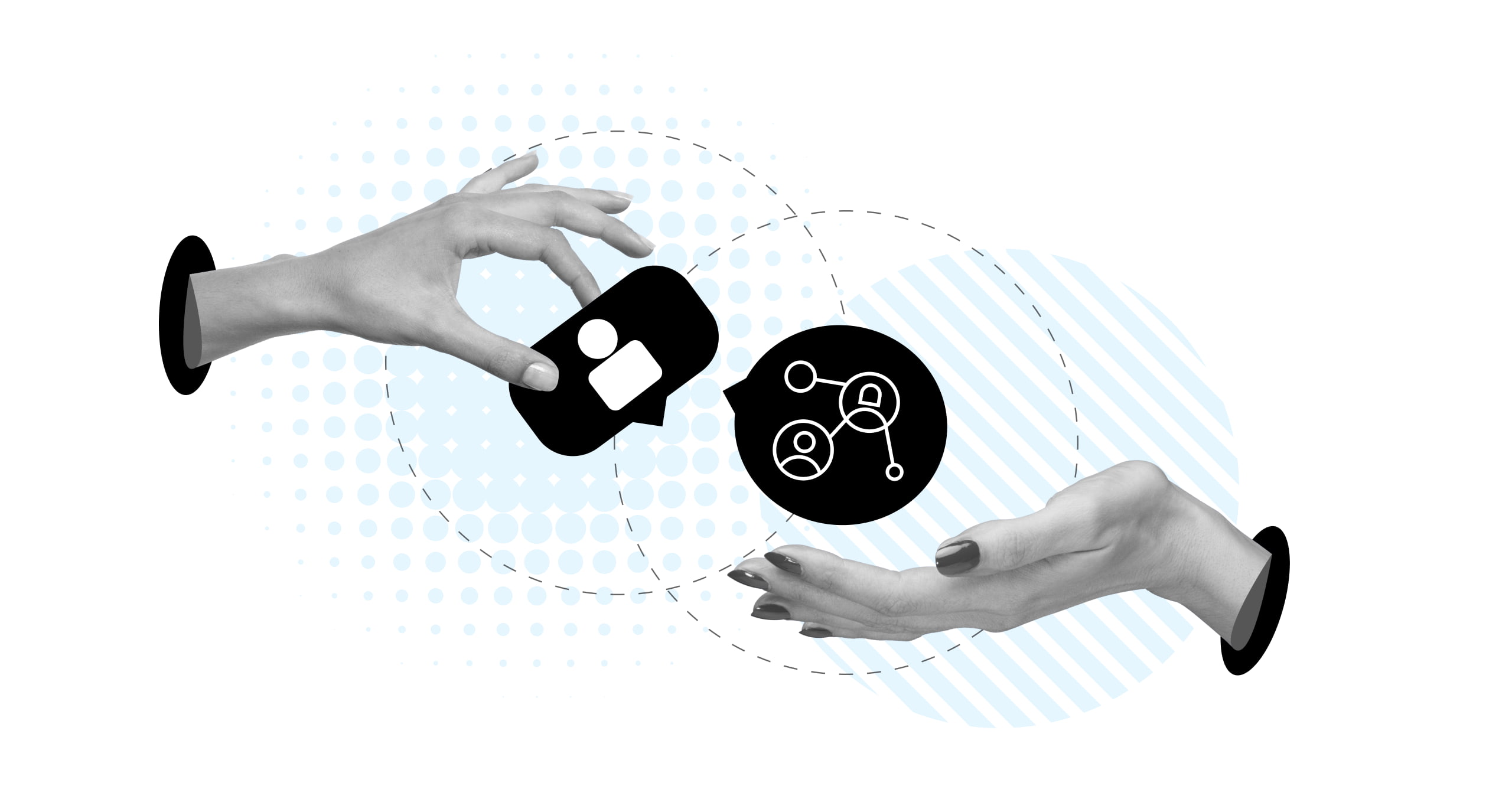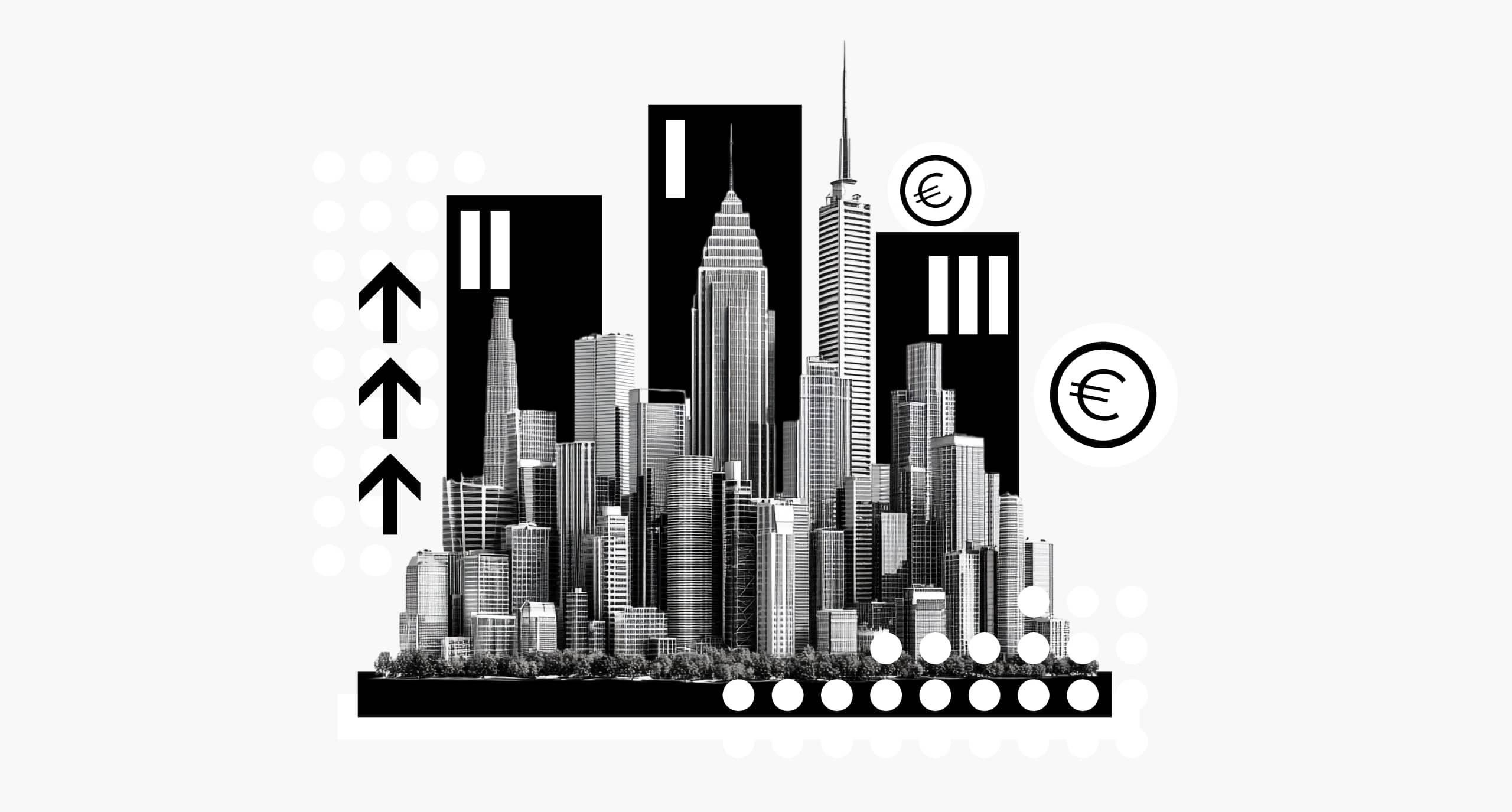Quantum computing is no longer theory. Top companies across the world are now racing to build the next generation of processors to move beyond the reach of classical machines. From IBM’s powerful superconducting chips and Google’s landmark “quantum supremacy” experiments, to Microsoft’s ambitious topological qubits and emerging players like IonQ and Pasqal, the field is white hot with innovation.
Want to understand the future of computation? Let’s explore the topic and see how IE School of Science & Technology can help you disrupt the industry.
What is quantum computing in simple terms?
You use classical computers every day. Under the hood, they flip billions of tiny switches to process 0s and 1s. Nature doesn’t behave in neat 0s and 1s, though. At very small scales it behaves like waves and probabilities. Quantum computing lets you compute in that native language of nature, so you can model things that overwhelm classical machines.
According to Ester de Nicolás, a member of IE School of Science & Technology‘s faculty, “A lot of people misunderstand quantum computing as just faster or more powerful computing, but that’s not accurate. It’s a fundamentally different type of computing, useful for a very specific set of problems—not something that replaces classical computing.” You work with quantum states instead of hard 0/1 values and you read out results as probabilities after interference has amplified the right answers.
If you want a picture, imagine tossing pebbles into a pond. Waves add up or cancel out.

“A quantum algorithm is like that—you put a state into the machine, let the interactions happen, and then measure the result,” Ester says. You then hand those results back to classical hardware to finish the job. Quantum sits alongside CPUs and GPUs as another accelerator, not as a replacement.
What are key terms for the field of quantum computing?
Quantum utility: credible, reproducible results at scale beyond brute-force classical simulation, even before full error correction.
Quantum advantage: a practical, provable edge over all known classical methods on a real task. Most roadmaps target advantage later this decade if hardware, algorithms and orchestration keep aligning.
Superconducting qubits: fast gates, mature control, cryogenic systems.
Trapped ions: very high fidelities, slower gates, strong error-correction progress.
Neutral atoms: large atom arrays, promising scale, active error-correction research.
Photonic qubits: room-temperature operation, strong for communications and certain models.
What is the difference between quantum computing and AI?
AI is software that learns patterns from data. It runs today on classical chips and GPUs. Quantum is hardware and algorithms based on quantum mechanics. You won’t “replace” AI with quantum. Instead, you’ll pair them where it helps. Think of quantum as a new co-processor for specific bottlenecks.
Practically, that means workflows where a quantum processing unit (QPU) prepares states, entangles qubits and uses interference to prune bad paths.

The classical system still orchestrates data, training loops and deployment. In Ester’s words, “Quantum computing doesn’t stand alone. It works alongside classical computing, like GPUs or other accelerators. We call them QPUs—quantum processing units—working within larger classical workflows.”
You’ll also hear two milestones: quantum utility and quantum advantage. Utility means useful results beyond brute-force classical simulation have been demonstrated in tightly defined tasks. Advantage means better, cheaper, or faster than all known classical methods on a practical problem. Utility has already been shown on real devices, while advantage is the next step.
What is quantum computing useful for?
Start with chemistry and materials. You can directly simulate molecules and reactions rather than approximate them, which can accelerate drug discovery, catalysis, batteries and semiconductors. “Chemistry underpins 96% of manufactured products,” Ester notes. If you can compute in nature’s language, you can design better matter.
Second, optimization and pattern discovery. Quantum algorithms can restructure how you search complex spaces, which may help in logistics, finance and parts of machine learning. You won’t hand over the whole workflow; you’ll call a quantum subroutine where it changes the game and then continue on classical hardware.
Third, foundational science. When classical simulation hits exponential walls—think photosynthesis pathways or new superconductors—quantum offers a path forward. Ester’s long view: “If we use this technology responsibly, the world could be cleaner, safer, and healthier.”
Which companies are working on quantum computing?
Big tech is all in. IBM is pushing error-mitigation, benchmarking, and an open SDK (Qiskit), and published peer-reviewed evidence of quantum utility in 2023. Microsoft is building a new research center with the University of Maryland and the State of Maryland, tied to a DARPA program to pursue topological quantum machines. Google continues work on superconducting platforms and tooling.
Specialists are moving fast. Quantinuum has reported a fully fault-tolerant universal gate set with repeatable error correction on its H2 systems. IonQ (trapped ions) is scaling hardware and expanding via acquisitions and quantum-networking research. Atom Computing (neutral atoms) has crossed the 1,000-qubit mark and is targeting scalable logical qubits. PASQAL (neutral atoms) is executing on a 2025 roadmap toward industry-relevant advantage.
You’ll also find Rigetti (superconducting), QuEra (neutral atoms), Xanadu (photonic), and others in the mix, plus a growing ecosystem in quantum software, education, and security.

Ester’s snapshot from the Quantum World Congress tracks that reality: “Everyone is here—IBM, IonQ, Quantinuum—showcasing their latest advances in quantum computing… The ecosystem keeps growing year after year.”
How can you study quantum computing?
You don’t need a PhD in physics to join the quantum revolution—but you do need intent. The field opens four distinct lanes: hardware engineering, quantum software and algorithms, domain science applying quantum methods, and business leadership shaping the new value chain. As Ester puts it, “We’ll need talent at every layer.”
If you’re technically minded, ground yourself in linear algebra and probability, then experiment with SDKs like Qiskit to build and test real quantum circuits. If your strength lies in science or data, learn how to turn research problems into quantum workflows a QPU can accelerate. And if you’re a strategist or business thinker, study how quantum will shift cost structures, compliance, and cybersecurity—especially in postquantum cryptography for long-term data protection.
This is where readiness becomes real. “Students will leave with a clear understanding of the state of the art, where the field is heading, and what’s needed to move it forward,” Ester says. Quantum computing is still defining itself—meaning there’s room for bold thinkers to shape it. You’re entering at a transistor moment in history. Learn quantum computing fast, build fluency, and position yourself where advantage is about to emerge.
Become a leader in quantum computing with IE School of Science & Technology
Study the Master in Computer Science & Business Technology to evolve your career.

Benjamin is the editor of Uncover IE. His writing is featured in the LAMDA Verse and Prose Anthology Vol. 19, The Primer and Moonflake Press. Benjamin provided translation for “FalseStuff: La Muerte de las Musas”, winner of Best Theatre Show at the Max Awards 2024.
Benjamin was shortlisted for the Bristol Old Vic Open Sessions 2016 and the Alpine Fellowship Writing Prize 2023.






